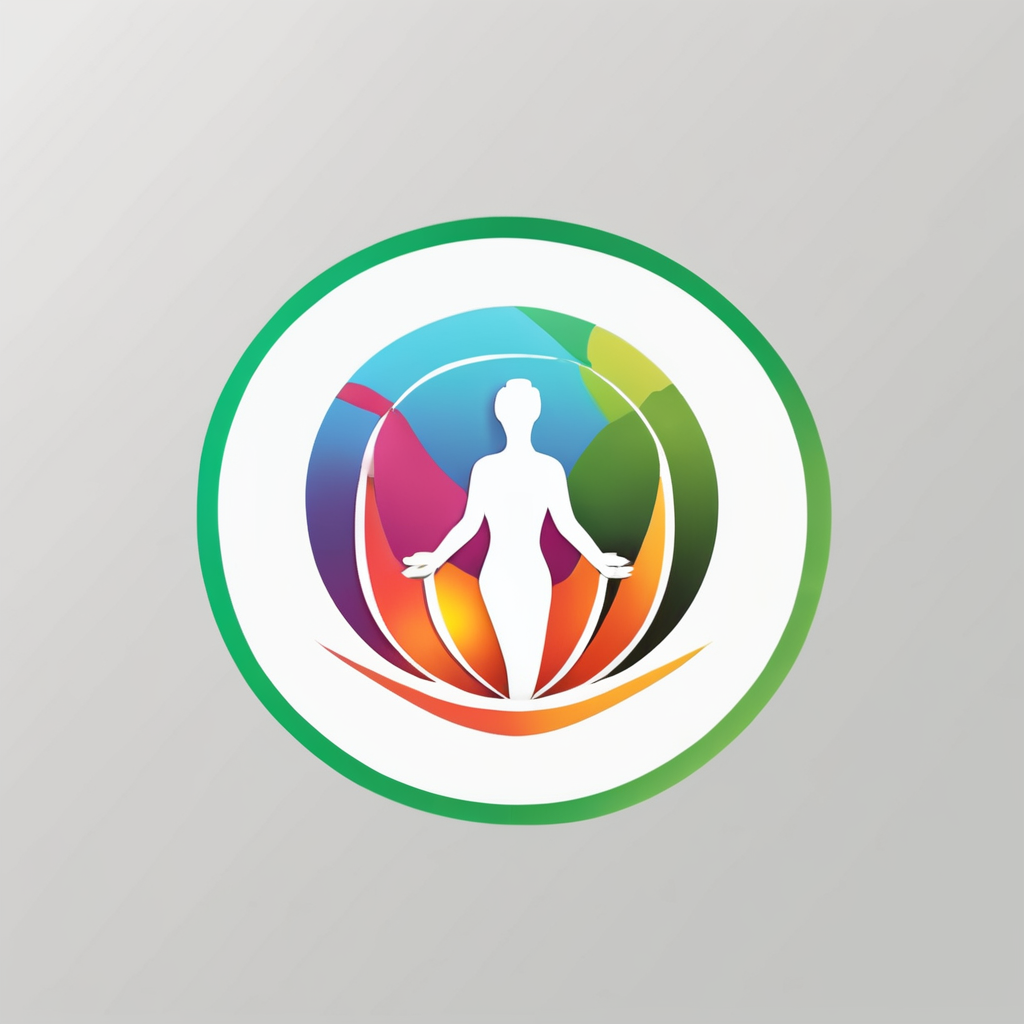Breastfeeding has been a cornerstone of infant nutrition and maternal care for centuries. This natural practice not only provides nourishment but also fosters a deep connection between mothers and babies. Today, as we stand on December 18, 2024, the discourse around breastfeeding extends beyond immediate nutrition; it encompasses a wide array of long-term health benefits for both the infant and the mother. In this article, we delve into the potential advantages that breastfeeding offers, supported by scientific analysis and meta-studies. Our aim is to equip you with knowledge that underscores the importance of this age-old practice in strengthening the health of future generations.
The Nutritional and Immunological Benefits for the Infant
Breastfeeding is a bespoke nutrition solution tailored to meet the precise needs of your infant. Rich in essential nutrients, breast milk is the gold standard of nourishment. Unlike formula, it is a living food teeming with antibodies that fortify your child’s immune system. This protection is crucial, particularly in the first six months of life, which are pivotal in shaping your child’s future health.
Have you seen this : What are some effective coping mechanisms for dealing with pregnancy-related insomnia?
Breast milk contains vital components such as lactoferrin and immunoglobulins, which safeguard against infections and illnesses. These unique proteins are naturally designed to combat pathogens, reducing the risk of common diseases like diarrhea and respiratory infections.
Moreover, breastfed infants boast a reduced likelihood of developing chronic conditions later in life, such as obesity, diabetes, and even certain types of cancer. This protective effect is attributed to the dynamic composition of breast milk, which adapts to meet the evolving needs of your growing child.
Topic to read : What role does aromatherapy play in relieving pregnancy-related discomfort?
In essence, when you breastfeed, you are not just feeding your baby; you are laying a foundation for lifelong health. Extensive meta-analyses confirm that breastfeeding decreases hospital visits, reinforcing the notion that it is a powerful preventive measure against childhood ailments.
The Emotional and Psychological Impact on Mothers
Breastfeeding is more than a feeding practice; it is an emotional journey that strengthens the mother-child bond. The act of holding your baby close, skin-to-skin, fosters a sense of security and affection, further enhancing your emotional connection.
This bond is not just sentimental; it has tangible physiological effects. When you breastfeed, your body releases oxytocin, often referred to as the ‘love hormone.’ This powerful neurotransmitter promotes relaxation and emotional well-being, reducing the risk of postpartum depression. It encourages a feeling of calm and contentment, benefiting both you and your infant.
The psychological benefits extend beyond bonding and mental health. Breastfeeding empowers you with confidence in your ability to nurture your child. This empowerment can enhance your overall sense of well-being, translating into positive parenting experiences.
In sum, the emotional and psychological impact of breastfeeding is profound. It weaves an intricate tapestry of love and care that not only supports your child’s development but also enriches your emotional health, creating a fulfilling maternal experience.
Physical Health Advantages for Mothers
The benefits of breastfeeding are not exclusive to the infant; mothers reap substantial physical health rewards as well. Engaging in this natural practice reduces the risk of several serious health conditions, setting the stage for improved long-term wellness.
One significant advantage of breastfeeding is its role in accelerating postpartum recovery. During nursing, the release of oxytocin stimulates uterine contractions, helping the uterus return to its pre-pregnancy size more rapidly. This process diminishes postpartum bleeding, aiding in a smoother recovery.
Beyond immediate recovery, breastfeeding offers a protective shield against certain types of cancer. Studies indicate a lower risk of breast and ovarian cancer among women who have breastfed. This protective effect stems from the hormonal changes that occur during lactation, which may reduce cancer risk factors.
Additionally, breastfeeding can contribute to weight management. The energy expenditure associated with milk production can assist in losing pregnancy weight, promoting a healthier postnatal body.
In essence, the physical health benefits extend far beyond the initial postpartum period. By choosing to breastfeed, you invest in your long-term health, reducing the risk of serious illnesses and fostering recovery and vitality.
Support and Help: Building a Community for Breastfeeding Mothers
The journey of breastfeeding is unique to every mother. While it promises numerous benefits, it also presents challenges that require guidance and support. Building a network of support can be pivotal in overcoming these hurdles and ensuring a fulfilling breastfeeding experience.
Seeking help from lactation consultants or attending breastfeeding classes can significantly enhance your understanding and confidence. These professionals offer personalized advice, addressing any concerns you might have, from latching techniques to milk supply issues. Engaging with a community of fellow mothers can also provide emotional reassurance and practical tips.
In many regions, support groups and online forums serve as invaluable resources. They offer a platform to share experiences, celebrate successes, and discuss challenges. This sense of camaraderie can be incredibly empowering, reminding you that you are not alone in your journey.
For mothers navigating the complexities of work-life balance, workplace policies that accommodate breastfeeding mothers are crucial. Advocacy for designated lactation rooms and flexible schedules helps create an environment conducive to breastfeeding.
Ultimately, the support network you build is instrumental in your breastfeeding journey. It equips you with the tools and reassurance needed to navigate challenges, ensuring both mother and infant reap the myriad benefits of breastfeeding.
Breastfeeding is a remarkable practice that offers a bounty of benefits for both mothers and infants. From nutritional and immunological advantages for your child to emotional and physical health rewards for you, the scope of breastfeeding‘s impact is vast. While challenges exist, the support and community available can help you navigate these obstacles, ensuring a rewarding experience.
As we reflect on the significance of breastfeeding in 2024, it’s clear that its benefits extend far beyond immediate nourishment. By choosing to breastfeed, you are investing in the future health and well-being of your child and yourself, creating a legacy of strength and vitality for generations to come.











